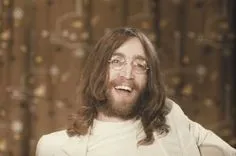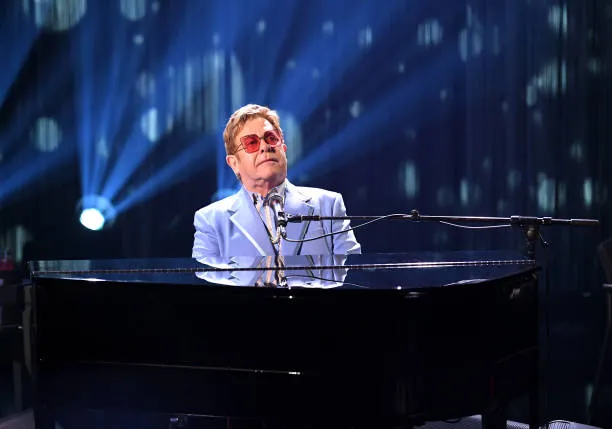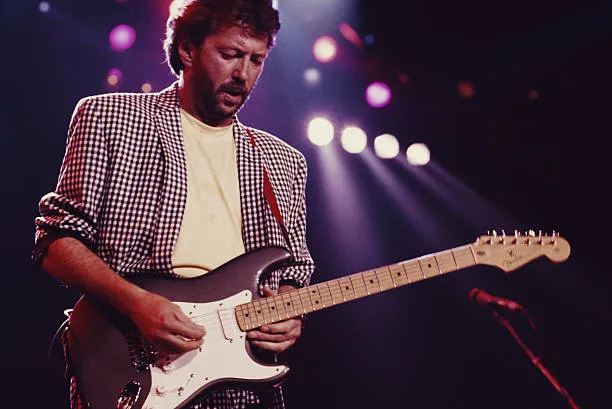About The Song
(Watch the video below)
John Lennon, a name synonymous with musical genius and cultural revolution, left an indelible mark on the world through his profound lyrics and timeless melodies. Among his vast repertoire of songs, "My Little Flower Princess" stands out as a poignant ode to love, introspection, and personal transformation. In exploring this lesser-known gem, we gain insight into Lennon's innermost thoughts and emotions, and the enduring legacy he left behind.

Born on October 9, 1940, in Liverpool, England, John Lennon rose to prominence as a founding member of The Beatles, a band that would redefine the landscape of popular music. With his distinctive voice, incisive songwriting, and boundless creativity, Lennon captivated audiences around the globe, becoming a symbol of artistic innovation and social change.
Released as part of his 1974 album "Walls and Bridges", "My Little Flower Princess" represents a departure from Lennon's earlier work with The Beatles, showcasing a more introspective and mature lyrical style. The song unfolds with a gentle acoustic guitar melody, setting the stage for Lennon's tender vocals to take center stage. From the opening lines, "Whenever you are lonely, just telephone me / I'll be your blue-eyed sailor in the seven seas", Lennon establishes a sense of intimacy and vulnerability that permeates the entire composition.

At its core, "My Little Flower Princess" is a love song, expressing Lennon's deep affection for his wife, Yoko Ono. Throughout the song, he paints a vivid portrait of their relationship, using evocative imagery and heartfelt sincerity to convey his devotion. Lines like "You are my little flower princess / I'll be your frog prince", capture the essence of their bond, celebrating the beauty of love in all its forms.
Yet, beneath the surface, "My Little Flower Princess" also serves as a reflection on Lennon's own journey of self-discovery and personal growth. In the years following The Beatles' breakup, Lennon grappled with questions of identity, purpose, and fulfillment, embarking on a quest for meaning that would profoundly shape his later work. Through his music, he sought to make sense of his own experiences and navigate the complexities of the human condition.

As the song unfolds, Lennon's lyrics take on a more introspective tone, exploring themes of longing, nostalgia, and longing. He sings, "No one ever sees me crying, / No one ever hears me sigh / They just think I'm all fun-loving, baby / No one ever sees me cry", revealing a vulnerability and sensitivity that contrasts with his public persona as a rock icon. In these moments of honesty, Lennon invites listeners to peer beneath the surface and glimpse the inner workings of his heart and mind.
Musically, "My Little Flower Princess" showcases Lennon's versatility as a songwriter and musician, blending elements of folk, rock, and pop into a seamless tapestry of sound. The delicate guitar arpeggios and melodic hooks create a sense of intimacy and warmth, enveloping listeners in a cocoon of gentle reverie. It is a testament to Lennon's ability to evoke emotion through music, transcending language and cultural barriers to touch the hearts of millions.

Beyond its musical and lyrical merits, "My Little Flower Princess" also serves as a testament to Lennon's enduring legacy as a champion of love, peace, and empathy. In a world plagued by division and strife, his message of unity and understanding remains as relevant today as it was decades ago. Through his music, Lennon sought to bridge the gap between people of different backgrounds and beliefs, fostering a sense of connection and solidarity that transcended borders and boundaries.
In conclusion, John Lennon's "My Little Flower Princess" stands as a testament to his unmatched talent as a songwriter, musician, and storyteller. Through its heartfelt lyrics and haunting melody, the song captures the essence of Lennon's artistic vision and personal journey, inviting listeners to share in his triumphs and tribulations. As we reflect on his life and legacy, let us remember Lennon not only as a musical icon but also as a beacon of hope and inspiration in a world that often feels adrift.


-1718355917-q80.webp)
